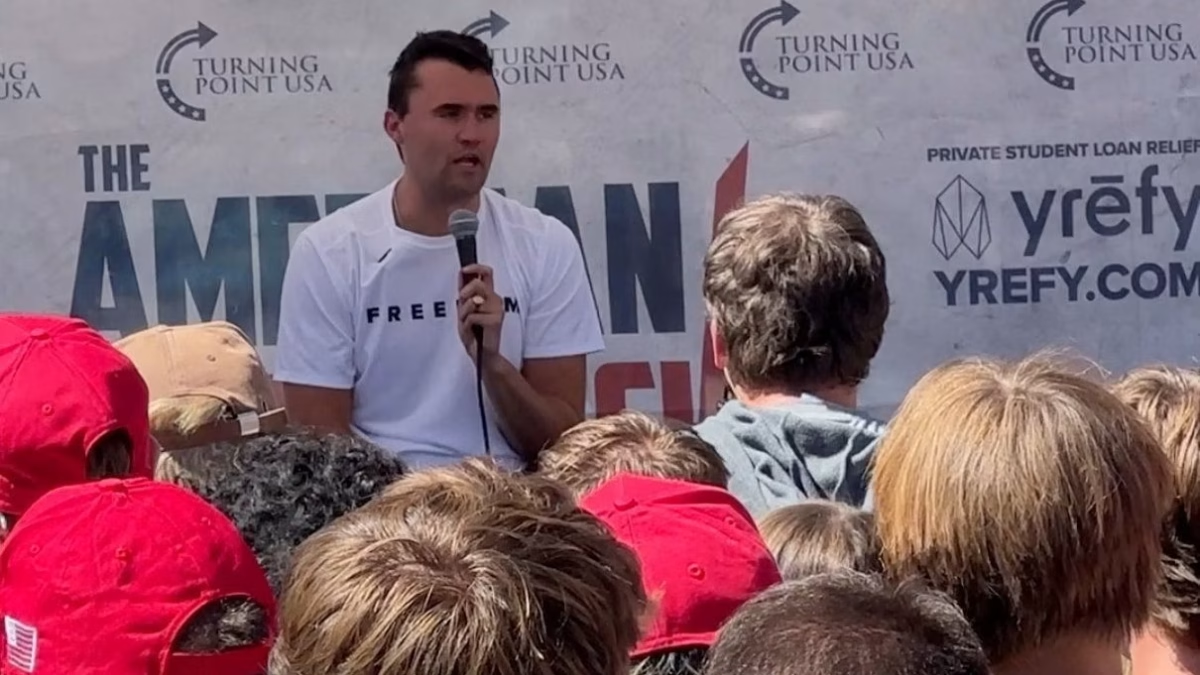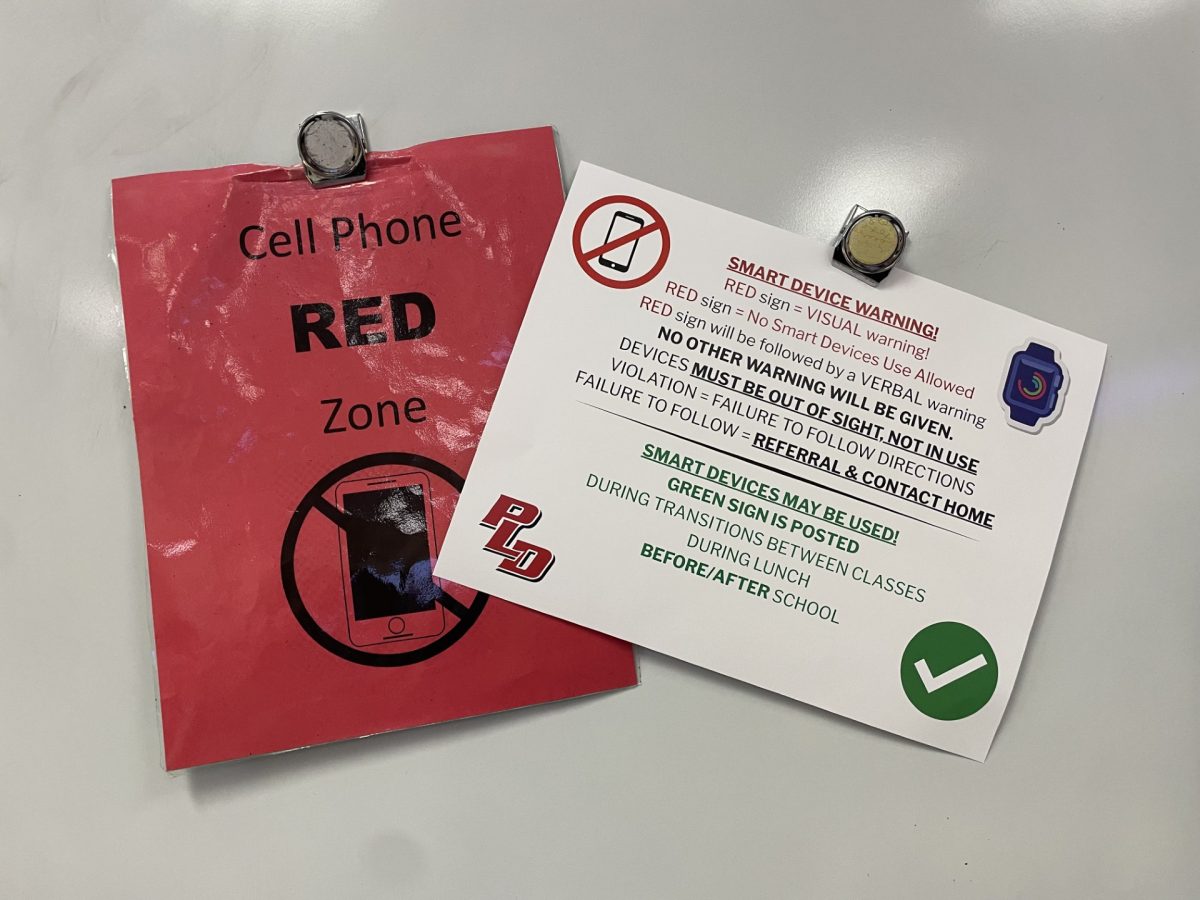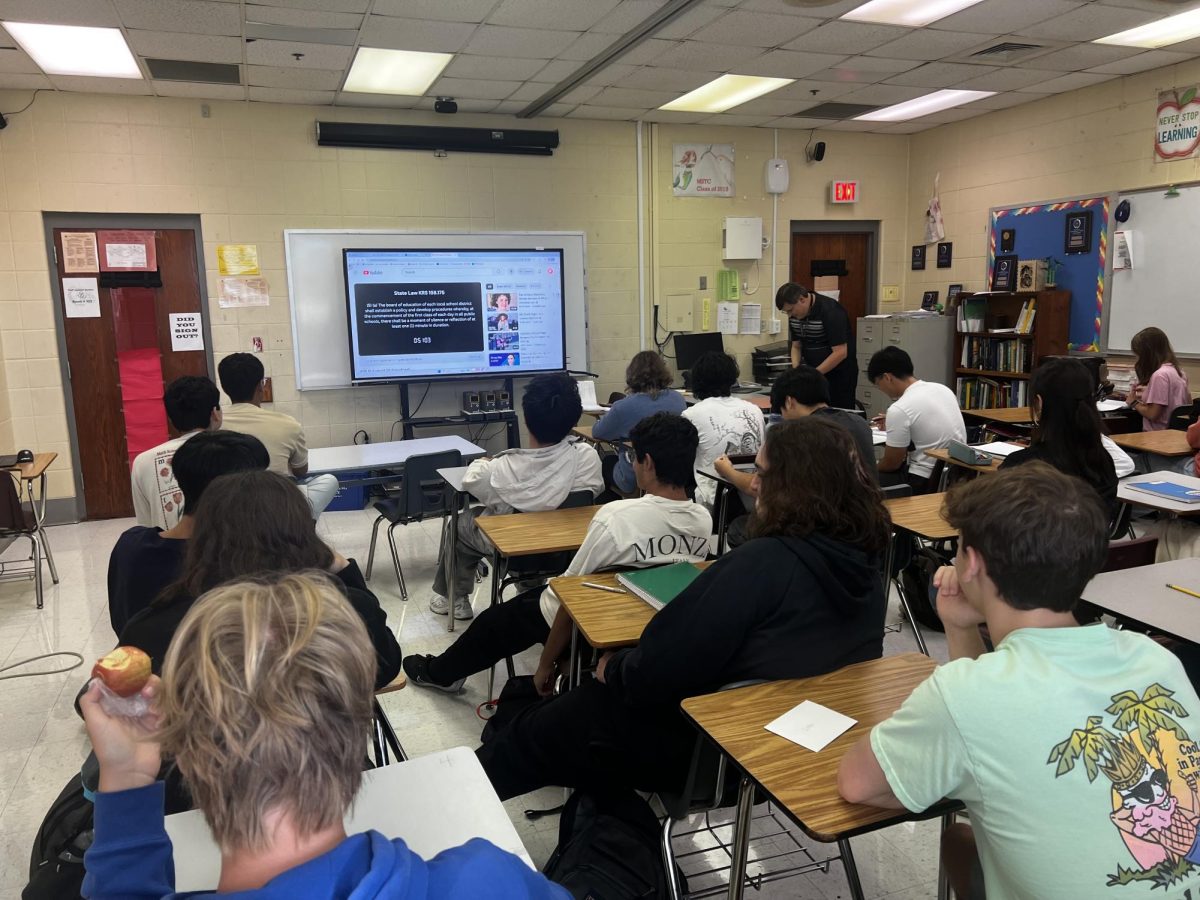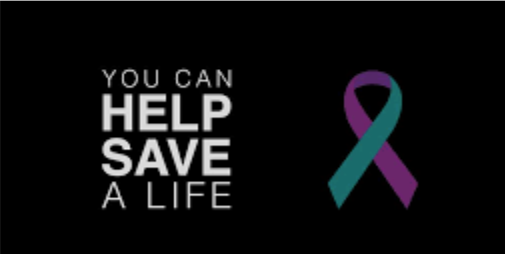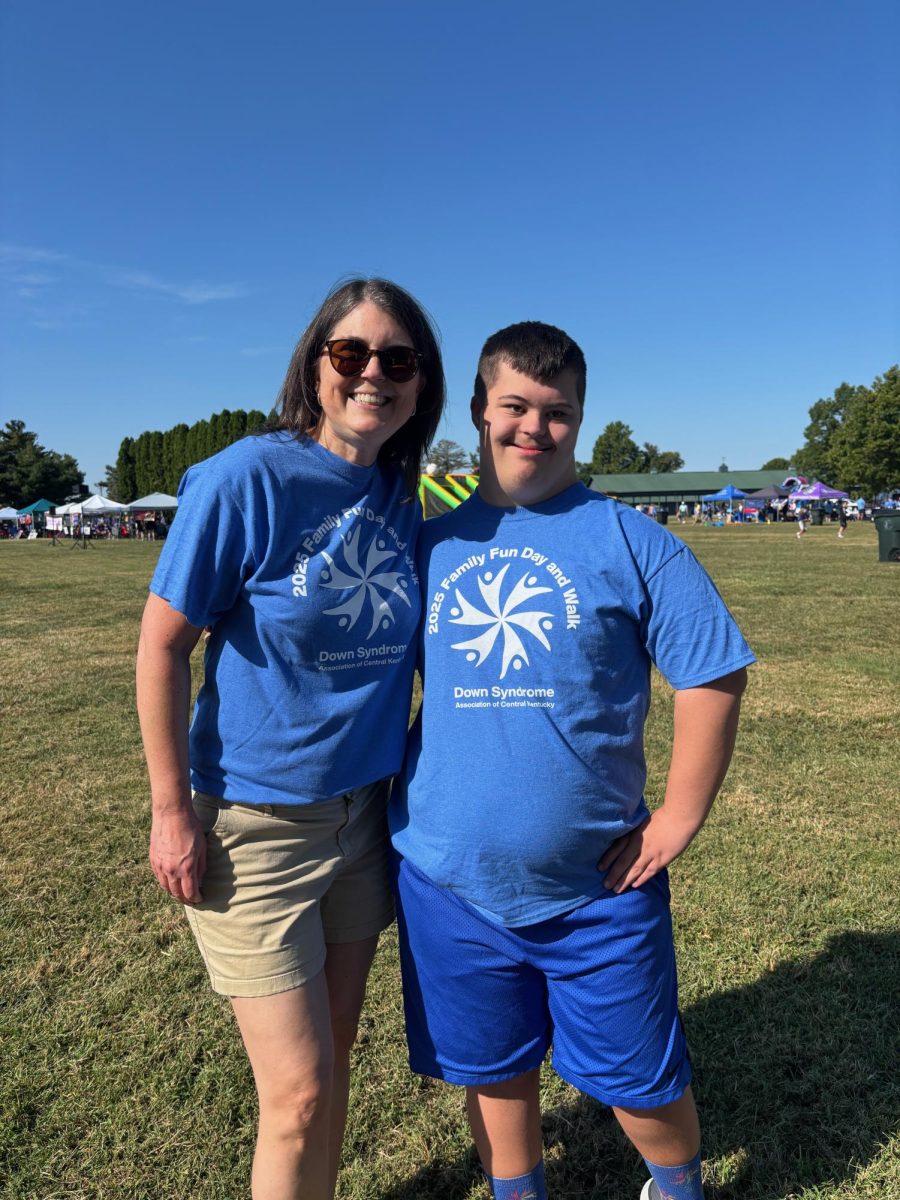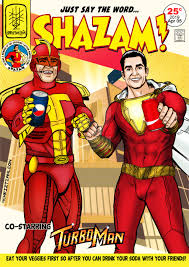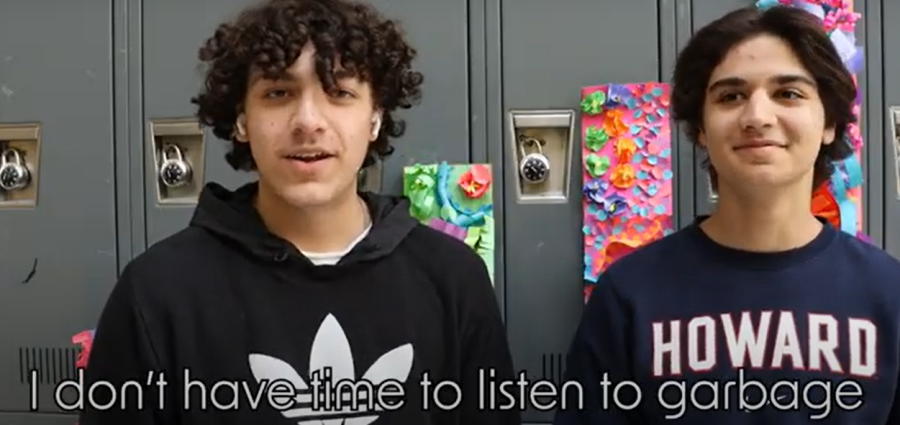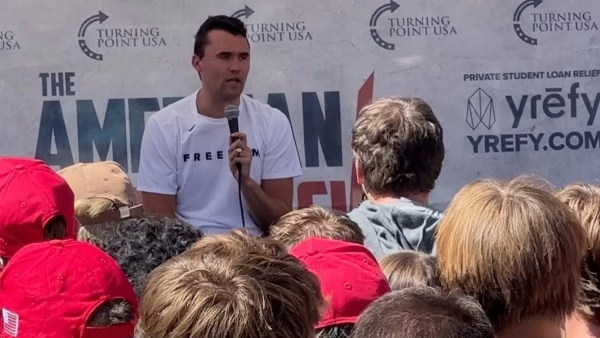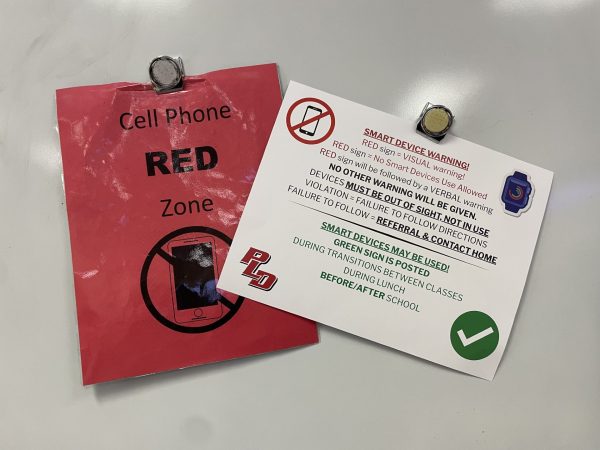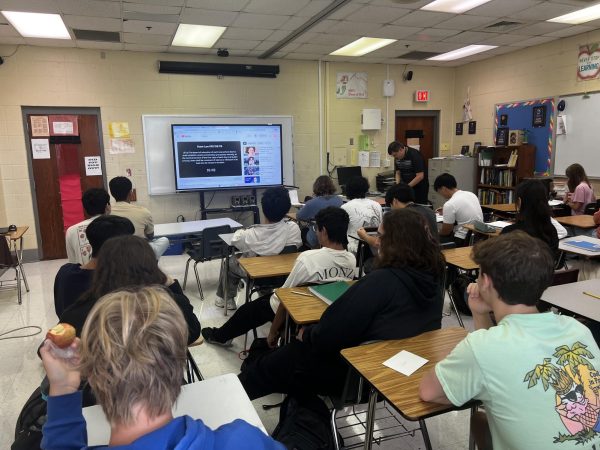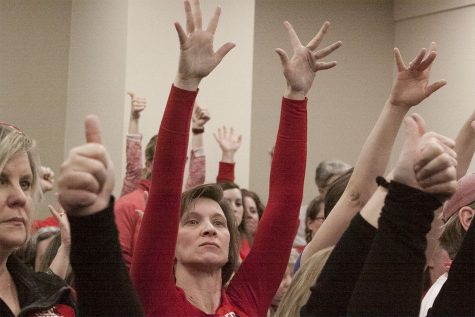Combatting Prejudice in Schools
Many students say they feel judged before they ever open their mouths in class. Either by peers or teachers, prejudice is damaging.
Combatting prejudice at the school level is no easy task with people who bring their own issues into the schools and classrooms.
“[Prejudice] is so deeply interwoven into the nation’s culture that it is embedded in the neural processors inside our skulls” according to Gale. “…They’re nurtured by your upbringing, your educators, your mentors… and your physical surroundings.”
Teenagers’ upbringing influences their views and the preconceptions they make about other students.
This year at Dunbar many students said they’ve faced prejudice from other students that left a mark.
“Some kids do it because that’s what they’ve been brought up to think or expect,” Associate Principal Tonya Merritt said.
Many teenagers have different viewpoints and expectations about a group of certain people. This causes kids to say hurtful words to a group of people if they do not meet their standards
Junior Alauna Davis said, “Sometimes people carry on things for too long and don’t know how to let things go…It’s just innocent ignorance. They don’t know any better.”
Some teenagers at a young age are taught to be respectful but that does not stop them from judging other students and subconsciously carrying prejudiced beliefs.
A new nationwide survey commissioned by the Gay, Lesbian, Straight Education Network (GLSEN) reported “…while most elementary students are taught they shouldn’t bully each other or call each other names, many report that they hear classmates say things like ‘you’re so gay’ or ‘that’s so gay’.”
Kids may say these harmful words as a joke, but when they are not corrected by their teachers, it causes them to use the same words later on in life and potentially harm more people with their language.
“I don’t see it very often but I hear about it a lot. I’ll see a couple of students who are trans or gay, I’ll hear about other people making fun of them and ridiculing them,” freshman Mason Gasser said.
He said he also believes that students who are gay or transgender are targets for prejudiced bullying.
According to Prejudice and Ethnic Bullying Among Children “…primary and middle school students belonging to minority groups are likely to be easy targets of aggression by majority group members… children have been found to be bullied by other pupils because of differences in skin color, faith, spoken language, and/or traditions.”
The victims are less likely to come to school when they have been bullied for certain beliefs. The reason why these bullies choose to do this can be traced back to familial beliefs.
Even though these young children are only in primary and middle school, they still bully their classmates because of differences in their appearance. Because these kids are so young, prejudice like this can only be taught by their family’s beliefs, and sadly the children often don’t know any better.
Mrs. Merritt said that when she was a teacher she was always aware of her own biases so she wouldn’t bring anything to the table inadvertently. Unfortunately, many teachers show their bias to their students.
“There was a sub and when I was younger…I had darker skin and I couldn’t speak English that well even though it was my first language” Davis said. “She kept on talking down to me and dumbing everything down because I had a speech disability.”
Gale reported that “85% of teachers have had professional-development training about bullying or harassment, and fewer than half reported they would feel comfortable responding to questions from their students about gay, lesbian, or bisexual people.”
Even though teachers have had training about dealing with bullying, most still don’t feel comfortable with addressing it, and in states like Florida, it is illegal for teachers to speak on topics such as the LGBTQ+ community.
Students can get involved with their state governments and be aware of prejudice-based bullying in schools.
***
If you or someone you know is experiencing racism, prejudice, or bullying, you can report it to Stop Tipline.
Sophia Dousay, Leslie Cruz Lemus, and Avante Miles contributed to this report.
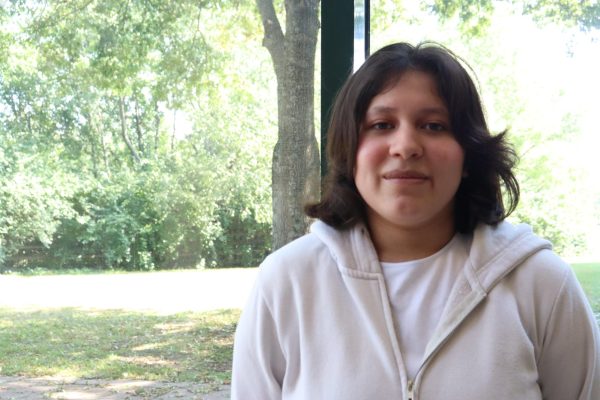
Hi, my name is Jennifer Quinonez. I'm a sophomore at PLD. I have one cat name Max. I like playing the guitar and reading. My favorite artists are Gun's...

